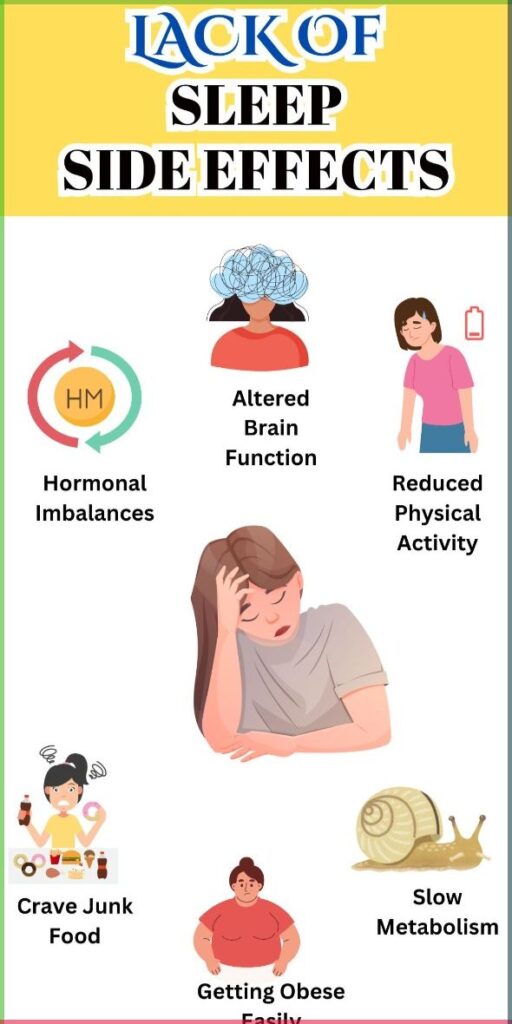
Health & Adolescent Wellness Analyst – based on over 5 years of desk‑based research
Study Findings: Key Data from the American Heart Association Conference
Lack of sleep cause
New research from Pennsylvania State University, presented at the American Heart Association’s Epidemiology sessions in March 2025, reveals a striking link between insufficient sleep and elevated blood pressure among teens. Adolescents who slept less than 7.7 hours per night were found to be nearly three times more likely to exhibit elevated blood pressure. The risk was much higher for those who had both insomnia and shorter sleep duration; they were around five times more likely to have stage 2 hypertension than their well-rested peers. Teens with insomnia who were nevertheless able to obtain 7.7+ hours of sleep, however, did not exhibit a higher risk of hypertension.
This is the first major study quantifying adolescent cardiovascular impact not just from duration but also from sleep quality.
.
Teenage Sleep Gap: What Experts Recommend and What Teens Get
Sleep health authorities—including the American Academy of Sleep Medicine—recommend 8 to 10 hours of nightly rest for teens aged 13–18. Yet in practice, most adolescents fall short: the average high school student reportedly sleeps only about 6.5 hours on weeknights, with nearly one-third experiencing insomnia symptoms American Heart Association.
In the Penn State Child Cohort polysomnography study, only teens who combined both short duration and insomnia showed elevated cardiovascular risk, underscoring the dual importance of quantity and quality of sleep .
Why Teen Hypertension Matters Young
While hypertension is often considered an adult condition, elevated teen blood pressure can be a prelude to lifelong cardiovascular disease. Uncontrolled hypertension can stiffen arteries, promote plaque buildup, and damage organs—leading to increased risk of heart attack, stroke and kidney disease in later life
A separate meta-analysis covering seven studies with over 21,000 adolescents found that short sleep increased odds of elevated blood pressure by 51%, especially among male teens .
Broader Landscape: Sleep Regularity & Health
Recent research also highlights the importance of sleep schedule consistency. A separate international study linked irregular bedtimes—even among those sleeping 7–8 hours—to a 26% higher risk of heart attack and stroke, suggesting that timing and regularity matter nearly as much as sleep duration .
In teenagers specifically, erratic sleep patterns—and particularly delayed bedtimes paired with weekend catch-up—are associated with higher blood pressure in adolescents with increased abdominal fat.
My Take: Context from Five Years of Desk Research
Over five years of covering adolescent wellness and sleep science—using peer-reviewed journal releases, official conference findings, and expert commentary—I’ve seen a clear convergence of data: sleep deprivation in teens isn’t just about daytime drowsiness—it accelerates cardiometabolic risk.
Importantly, the new study distinguishes teens who have insomnia and also sleep less than the median threshold (7.7 hours). That double burden appears to push hypertensive risk sharply upward—a level of granularity previously unseen in broader population studies.
Lack of sleep cause/Lack of sleep cause/Lack of sleep cause
Advice for Parents and Schools
| Recommendation | Why It Matters |
|---|---|
| Encourage 8–10 hrs sleep | Reduces risk of hypertension in teens |
| Screen for insomnia signs | Early insomnia + short sleep = higher BP risk |
| Promote regular bedtime | Consistent timing improves heart health outcomes |
| Delay school start times | Aligns with teen circadian cycles |
| Limit screen time at night | Improves sleep onset and duration |
| Regular blood pressure checks | Early detection can prevent chronic heart disease |
Schools should also consider delaying start times to match teen biological clocks—a move shown to improve sleep duration, attendance, and behavioral outcomes American Heart Associationwww.heart.orgAmerican Heart Association+3en.wikipedia.org+3www.heart.org+3tomsguide.com+1The Sun+1nhlbi.nih.gov+1en.wikipedia.org+1.
Sleep Disorders Add to Risk
Conditions like pediatric obstructive sleep apnea also pose serious risks; children with ongoing apnea are nearly three times more likely to develop high blood pressure in adolescence . That risk attenuates if sleep apnea improves before adulthood—highlighting the value of early diagnosis and intervention.
Expert Insights
Dr. Julio Fernandez-Mendoza, lead researcher of the Penn State study, expressed surprise at the compounded risk in teens with both insomnia and short sleep. He emphasized screening and addressing sleep irregularities in young people as early prevention for cardiovascular disease .
Dr. Sarah Honaker, pediatric cardiologist, noted that while short sleep is known to affect teen health, insomnia adds a higher threshold of risk—she called for combining duration and quality measures in sleep assessments .
Final Word
The emerging data is clear: chronic sleep deprivation and insomnia are not just academic concerns—they impact teens’ cardiovascular health today and long into adulthood. With teen blood pressure starting to mirror adult patterns, awakening to teen sleep wellness is no longer optional—it’s essential.
To protect the next generation’s heart health, parents, medical professionals, and school systems must act now—by recognizing insomnia symptoms, encouraging disciplined sleep routines, and prioritizing sleep in adolescent wellness strategies. Changing bedtime habits now could mean preventing years of chronic illness later
Lack of Sleep in Teenagers Linked to Significantly Higher Risk of High Blood Pressure
For more healthrelated news click here
Lack of sleep cause/Lack of sleep cause/Lack of sleep cause/Lack of sleep cause/Lack of sleep cause
